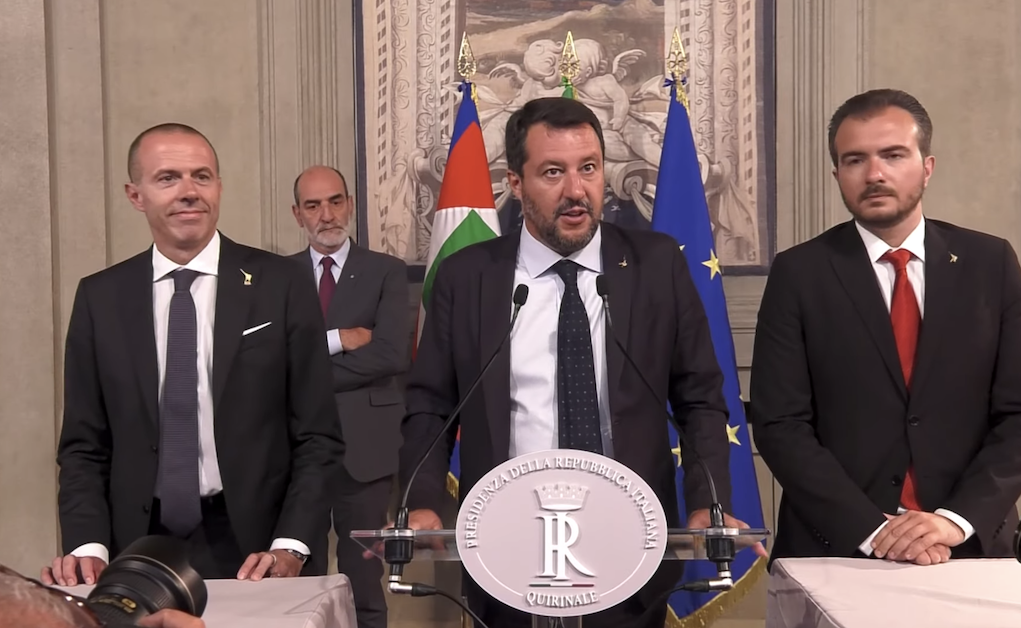The end of the Italian so-called “Government of Change”, formed by the far-right League party and the populist Five Stars Movement, was officially formalized a few days ago, when the former Prime Minister Giuseppe Conte resigned, and his resignation was accepted by the President of the Republic, Sergio Mattarella.
Since Matteo Salvini publicly announced his intention to terminate the government experience with his “Five Stars friends,” local and international media have been portraying his behavior as erratic and politically self-defeating. By asking for new elections, they argued, the chief of the League has triggered an authentic political and institutional turmoil, in order to capitalize on the consensus gained in the European elections, thereby sacrificing Italy’s wellness for his own ambitions and interests. Then, when he realized that a new majority between the Democratic Party and the Five Stars Movement could have been found within the current Parliament, he tried to backtrack, withdrawing the motion of no-confidence against Mr. Conte that he had called for only a few days before.
“Erratic” seems to be the most appropriate term to describe Mr. Salvini’s latest moves. However, not everyone believes in the inconsistency and randomness of his behavior. The chief of the Italian far right could hardly be considered as a naive, slouch politician. Since he was appointed the League’s Federal Secretary in 2013, he has managed to revitalize a party that originally advocated for the independence of Northern Italy and that, after a huge scandal related to the misuse of the reimbursement of electoral campaign expenses, was reduced to political insignificance. Thanks to his tireless and sturdy anti-immigration propaganda machine, usually referred to as “The Beast,” the League has gained as much as 30 percentage points over the course of six years.
Those who do not believe in the most accepted explanation of these recent events—namely Mr. Salvini’s “big mistake” in choosing the timing of the government crisis—describe the current institutional turmoil as a thoroughly considered political strategy. According to them, the chief of the League party planned to overthrow the Government before the adoption of the 30 billion euros fiscal maneuver essential to avoid a sharp VAT increase. This unpopular and unavoidable fiscal bill is clearly destined to erode the electoral support of the political parties that will deliver it.
Under this interpretation, Mr. Salvini’s inconsistent behavior represents the necessary trade-off he was willing to make in order to save his electoral consensus, in view of Italy’s forthcoming financial challenges. Whether the European country will be led by a Government formed by the Democratic Party and the Five Stars Movement, or by a temporary technical Government until the next elections, the far-right leader will witness the fiscal maneuver’s approval from the more comfortable opposition benches. Indeed, it will be very easy for him to strengthen his electoral support by blaming his political adversaries because of the “tears and blood” financial bill.
Although the recent offer made by the League to restore the political dialogue with the Five Stars Movement could be a good argument in support of “the big mistake” interpretation, it is worth taking into account the other explanation as well. More importantly, whether Mr. Salvini’s recent moves have been an unfortunate slip or a well-considered strategy, we should definitely wait before pronouncing him politically dead.










